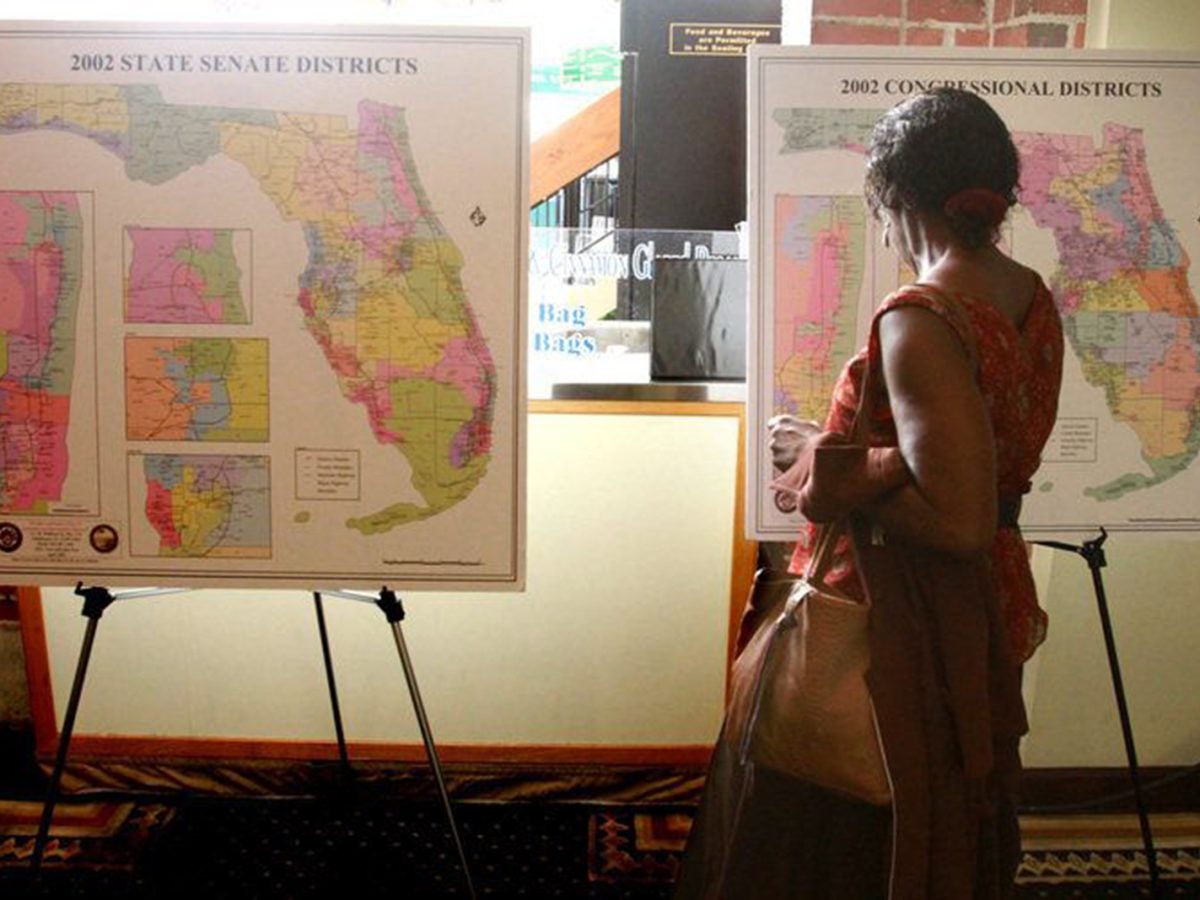
Following the 2020 presidential election, Black women were hailed as heroes for once again saving democracy. For months after the election, there was a chorus of people singing the praises of Black women. There were hashtags, headlines and videos echoing some version of “listen to Black women.”
The energy we brought to the 2020 presidential election and prior elections is the energy we must harness when it comes to redistricting. If Black women, and by extension Black communities, are not engaged in the redistricting process, others will decide what we need.
Black women made the case, in a way that political parties seem unable to, that the power to impact change lies with us. As a result of deep organizing and tailored outreach, Black women helped elect a new president, flip the Senate, and send diverse candidates to state and congressional office. But we also built and sustained grassroots organizations and put our own people to work.
Black women’s contributions during the last election cycle were not a surprise. We have been pioneers and trailblazers for centuries. In fact, there has seldom been a major movement for justice and equity in the U.S. that has not included Black women. We get the job done. And while the applause has ended and the cameras have faded after our federal election, we must once again put on our capes and do the hard work of organizing our communities locally. As states and local governments begin redistricting— which is the process of drawing district lines coinciding with the U.S. census— Black women must make sure our communities are on the map.
The census reveals where populations have grown and contracted, legislators begin the redistricting process to determine the number of elected leaders who will represent communities at the state and federal levels. Redistricting influences the resources and funding each community receives and the number of elected leaders in each electoral district. It happens just once every 10 years, so this process impacts us and our families for years.
Part of liberation is getting to a place of agency. It is building power to influence our and our children’s future. Therefore, it is imperative that we– especially Black women who are rightly regarded as the bedrocks of the Black community– are engaged as districts are redrawn.
To get involved, we should contact our elected leaders and ask to see the maps they are contemplating, draw our own maps and push for their inclusion, attend redistricting hearings, urge our local media to cover redistricting hearings and help hold leaders accountable, and engage our friends and family about the process and why it is important.
And when we combine our resources, we’re unstoppable. For example, Black women such as Nse Ufot, Stacey Abrams, LaTosha Brown, Melanie L. Campbell, Tamieka Atkins, Helen Butler and Deborah Scott worked together to flip Georgia to blue. For every name that we know, there are hundreds of others whom we do not know. Many in the media have a way of propping up some leaders and ignoring others. So while we list the people with large platforms, we hold space for those who are doing the work without the benefit of media coverage. Black women are still organizing and working, even when no one is looking.
Now, I am not naïve enough to believe that our work is complete following one election cycle or one redistricting process. Even after leaders are elected, we have a responsibility to hold them accountable, make them deliver on what they promised, or vote them out of office. And as we participate in redistricting, we know that we must continue organizing in support of pressing concerns such as voter suppression, predatory policing, climate injustice, and education equity, among other imperatives.







One of the reasons I co-founded the Black Southern Women’s Collective is to harness the ingenuity, wisdom, and uniqueness of Black women organizers in the South. I knew that if we worked together, we could improve the material conditions of Black people. I also knew that while we have a proven track record of delivering, Black women do not always get the financial backing that enables us to scale our work or be intentional about how we care for ourselves and our teams.
As we do the work that only we can do, I hope we will pause and recognize the role that we have played in the past, what we want to accomplish in the present, and where we hope to go in the future. The truth is there can be no transformative progress without Black women. What Black women did during the 2020 presidential election is the same magic we should bring to bear during redistricting.
Phyllis Hill is the co-founder of the Black Southern Women’s Collective and national director of organizing for Faith in Action.






